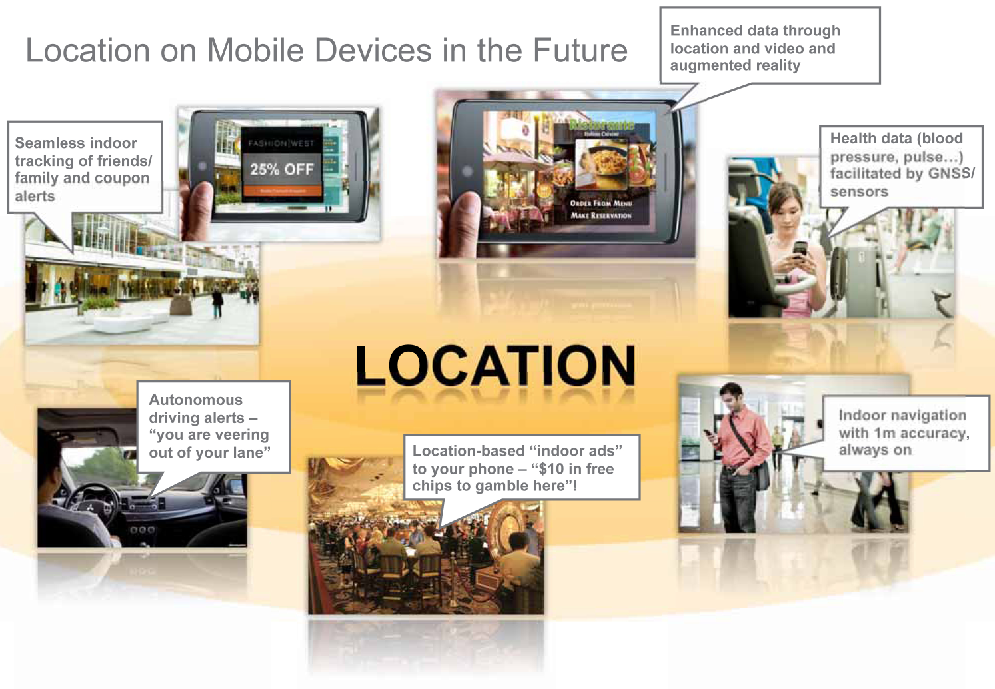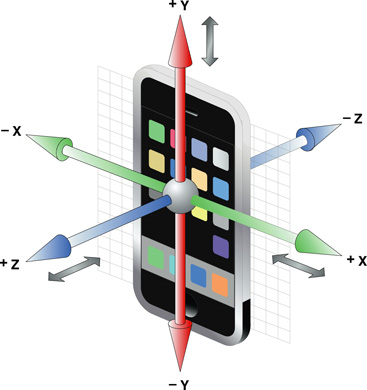Beyond GPS: your phone in 2015
November 1, 2011
Attention smartphone users: the recent launch of the first two satellites for Europe’s Galileo global navigation satellite system (GNSS) could make things a lot more interesting in about four years.
Galileo will deliver real-time positioning accuracy down to one meter range, compared to 10 meters for GPS, the European Space Agency (ESA) states, and it plans to give non-European users access.
Meanwhile, Apple’s new iPhone 4S has a chip that will be able to access Glonass (the Russian version of GPS), Engadget reports. Other manufacturers, including Qualcomm, Samsung Electronics and Texas Instruments, will also support Glonass — and Galileo as soon as it is operational — with new chipsets and software able to receive and integrate all three main GNSS systems.
And just to make it more interesting, China is developing of its own GPS equivalent, named Compass.
Next-generation location based apps

(credit: Qualcomm)
So we can expect an explosion of next-generation location based services and apps and a race between GNSS providers, chipset makers, handset manufacturers, system integrators, app developers and carriers to deliver better position accuracy and reliability, led by Apple, Microsoft/Nokia, and Google/Samsung/others.
What will that mean for you? Imagine messaging a nearby unknown person by just pointing your phone, or driving in a unknown city with the help of the geo-located augmented-reality overlays shown in the Microsoft Future Visions concept video, which would require very accurate positioning of moving targets in real time.

Geo-located augmented reality overlay (credit: Microsoft)
On the downside, that also means precisely targeted location-based ads (here’s an idea for a killer app: a location based spam filter).
Of course, GNSS can be used for military purposes too (actually, defense requirements have been one of the main drivers for the development of all GNSS). High-precision positioning signals can also drive a drone to hit a moving vehicle. How to balance the benefits with national security risks remains a hot issue.


